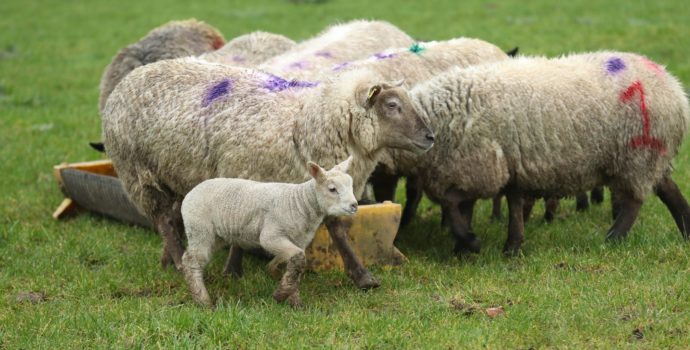Extension to Spreading Dates Will Have to Be Monitored as Ground Recovers Slowly

IFA Environment + Rural Affairs Chairman Harold Kingston has welcomed the decision taken by the Minister for Agriculture Simon Coveney and the Minister for the Environment Phil Hogan to extend by two weeks the deadline for the spreading of chemical and organic fertiliser.
He said it was important to send a signal to farmers about the options they have, given the difficult ground conditions that exist. “We are hopeful that the extension will be adequate, but some parts of the country are still very wet and the ground will not take machinery. The situation will have to be monitored on an ongoing situation.”
Harold Kingston said, “This year has been an extremely difficult one and proves that the inflexible calendar farming regime is simply not working. Farmers have made the right agronomic and environmental decisions and not spread in unsuitable conditions. This responsible attitude will have to be recognised if the day-to-day operation of farms is to be allowed to continue.”
“Feed bills are rocketing currently and a recent Teagasc survey found that 36% of dairy farmers and 15% of drystock farmers will be short of silage next winter. Grass is the most cost effective form of feed any farmer can have. If farmers can manage their fertiliser spreading over the next number of weeks, instead of racing to meet an inflexible deadline, then significant feed costs can be reduced. In autumn every extra day at grass saves approximately €2.10/cow/day or €2.3million/day to the dairy sector alone when compared to the cost of feeding on concentrates.”
The late grain harvest, which is delaying replanting, means farmers will need more time next month. The weather has also led to a drop in chemical fertiliser use of 10%. If the opportunity presents itself to grow more grass in the autumn, then the option should be available.




